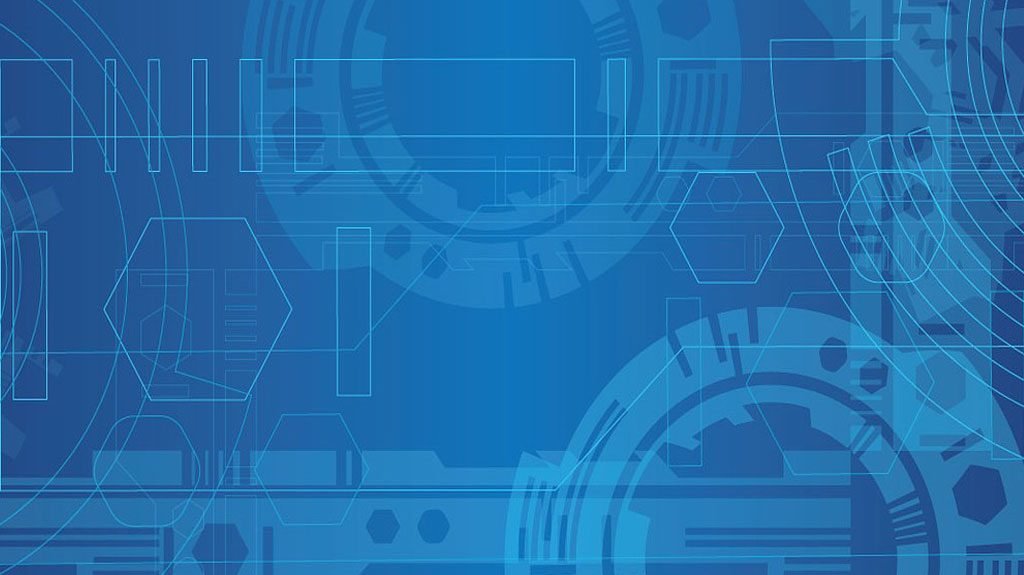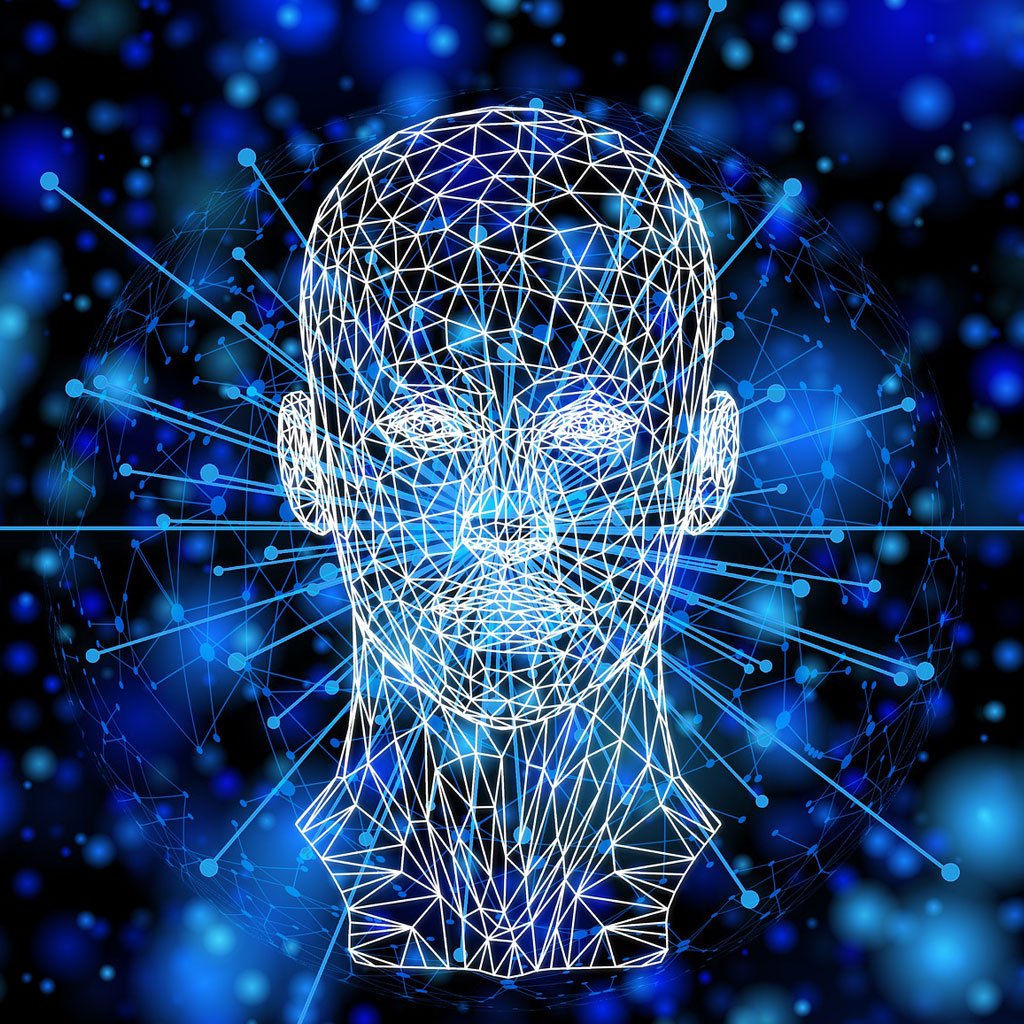Definition of Technology

Technology is the practical application of scientific knowledge for a specific purpose. It encompasses a wide range of tools, systems, and methods that humans create to solve problems, improve efficiency, enhance communication, and advance society. From the invention of the wheel to the development of sophisticated artificial intelligence, technology has played a fundamental role in shaping human civilization.
It involves the use of tools and techniques to manipulate the natural world and transform raw materials into products that serve human needs. Whether it’s the invention of fire for warmth and cooking or the creation of complex algorithms for data analysis, technology allows humans to overcome challenges and achieve goals that would otherwise be impossible.
One of the defining characteristics of technology is its ability to evolve and adapt over time. As our understanding of science deepens and our creativity expands, we continually develop new technologies and improve existing ones. This process of innovation drives economic growth, drives societal change, and shapes the way we interact with the world.
Technology can be broadly categorized into several types, each serving different purposes and functions:
Information Technology (IT): IT encompasses hardware, software, and networks used to store, retrieve, transmit, and manipulate data. This includes computers, smartphones, servers, databases, and the internet. IT plays a crucial role in facilitating communication, collaboration, and information exchange in modern society.
Communication Technology: Communication technology includes devices and systems used to transmit information over long distances. This includes telephones, radios, television, satellites, and the internet. Communication technology has revolutionized how we connect with others, breaking down barriers of time and space and enabling instant global communication.
Transportation Technology: Transportation technology already includes infrastructure, transport vehicles, and systems used to move people and goods from one place to another place. This includes automobiles, airplanes, trains, ships, roads, bridges, and airports. Transportation technology has transformed how we travel, allowing for faster, safer, and more efficient movement of goods and people.
Biotechnology: Biotechnology involves the use of living organisms, cells, and biological systems to develop products and technologies for various purposes. This includes genetic engineering, pharmaceuticals, agriculture, and medical devices. Biotechnology has led to breakthroughs in medicine, agriculture, and environmental science, improving human health and quality of life.
Energy Technology: Energy technology includes systems and methods used to generate, store, and distribute energy. This includes fossil fuels, renewable energy sources (such as solar, wind, and hydroelectric power), batteries, and smart grid systems. Energy technology plays a crucial role in powering modern society and mitigating the impact of climate change.
Manufacturing Technology: Manufacturing technology includes processes and equipment used to produce goods on a large scale. This includes machinery, assembly lines, robotics, 3D printing, and automation systems. Manufacturing technology has revolutionized production methods, making it faster, cheaper, and more efficient to manufacture products.
Environmental Technology: Environmental technology includes technologies and solutions designed to monitor, protect, and restore the natural environment. This includes pollution control systems, waste management, renewable energy, and conservation practices. Environmental technology is essential for addressing environmental challenges such as climate change, pollution, and resource depletion.
While technology offers numerous benefits and opportunities, it also raises ethical, social, and environmental concerns. Issues such as data privacy, cybersecurity, job displacement, inequality, and environmental degradation must be addressed to ensure that technology benefits society as a whole.
In conclusion, technology is a driving force behind human progress and innovation. It encompasses a wide range of tools, systems, and methods that humans create to solve problems, improve efficiency, and advance society. From information technology to biotechnology, transportation technology to environmental technology, technology touches every aspect of modern life. As we continue to innovate and develop new technologies, it’s essential to consider the ethical, social, and environmental implications to ensure a sustainable and equitable future for all.

